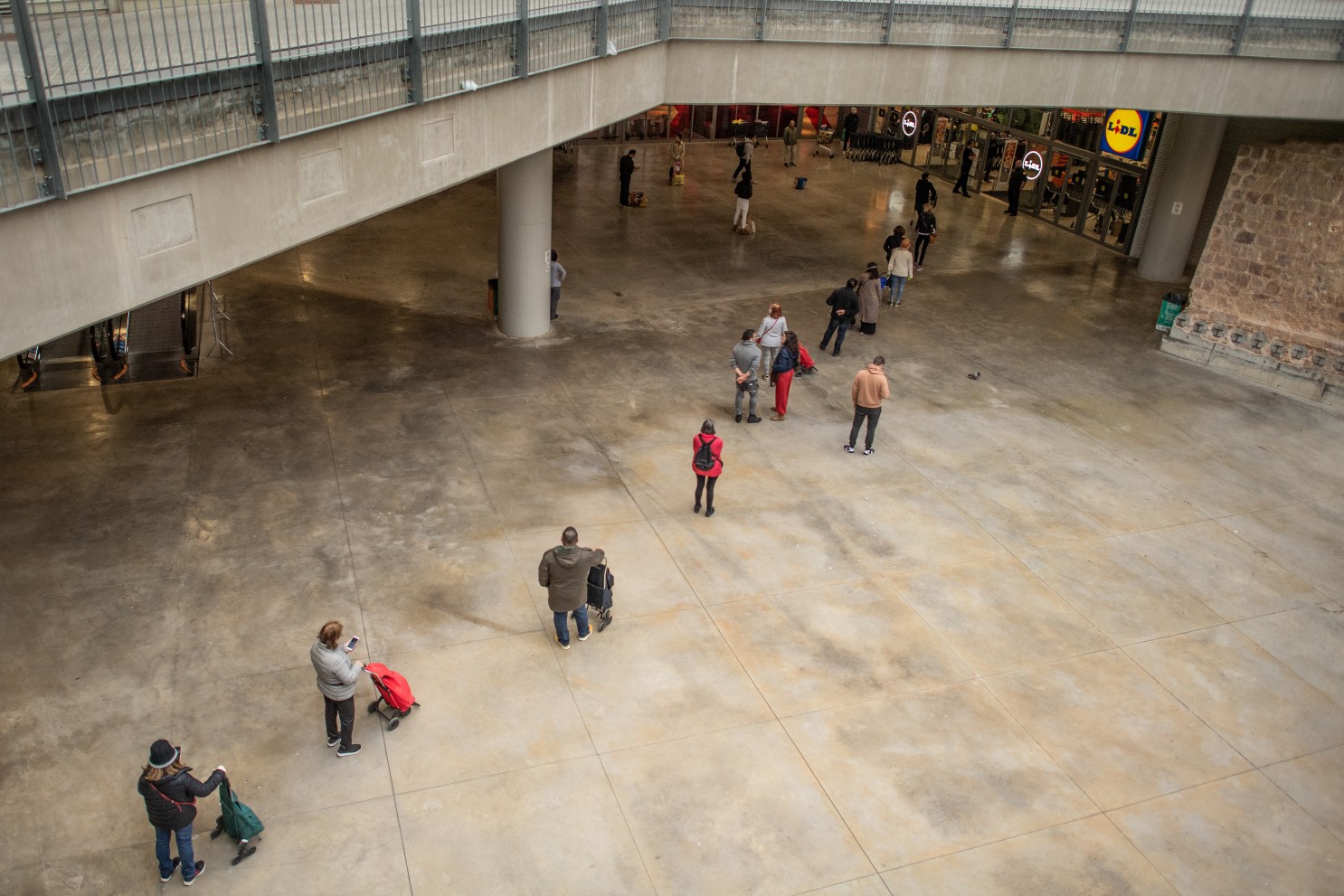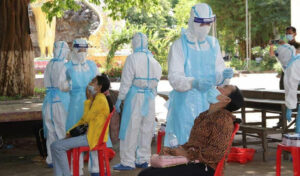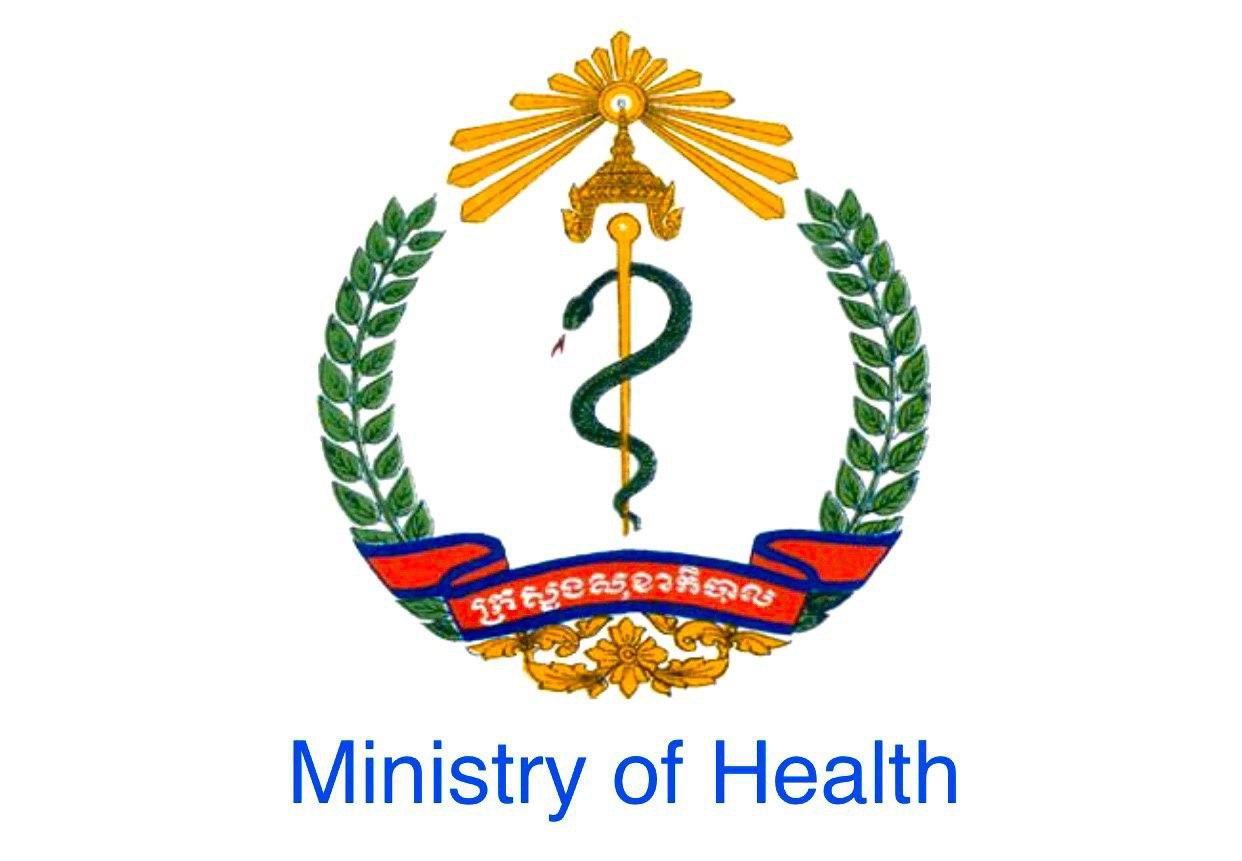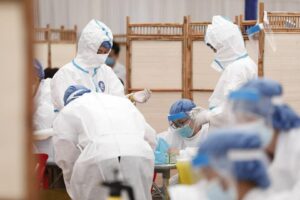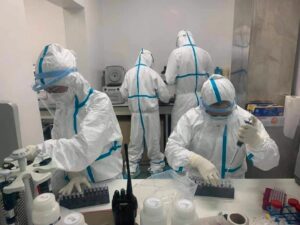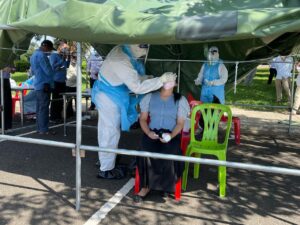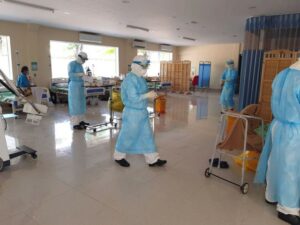Social Distancing: A Responsibility in Fighting COVID-19
No longer is the Novel Coronavirus (COVID-19) merely a public health emergency confined by a country or region. It is a pandemic. Around the world, governments are taking proactive measures to curb the spread of the virus, such as closing schools, canceling large public events and gatherings, and implementing travel bans. Some businesses have shut down operations temporarily and others have encouraged their employees to telework from home. As the Coronavirus continues to spread throughout the world, families, and individuals must not consider how they too can take action. There is a collective responsibility to take urgent and aggressive public health measures to contain and restrict the spread of the virus.
The World Health Organization (WHO) declared the virus a pandemic raising its level of severity throughout the world. More than 280,000 cases have been confirmed in at least 152 countries with more than 11,000 deaths. Two-thirds of the deaths were outside mainland China (as of March 21). In a media briefing, Dr Tedros Adhanom Ghebreyesus, director-general of the WHO, emphasized, “Pandemic is not a word to use lightly or carelessly. It is a word that, if misused, can cause unreasonable fear, or unjustified acceptance that the fight is over, leading to unnecessary suffering and death.”
Since the outbreak of the virus, Cambodia has detected 51 cases (as of March 21). In January, Cambodia detected, isolated and treated its first case – a 60-year-old Chinese tourist who flew from Wuhan to Sihanoukville. Despite the growing number of cases within Southeast Asia, there were no new cases reported in the country until March when a Japanese businessman living in Siem Reap tested positive for the virus in Nagoya, Japan. Subsequently, three British passengers on the Viking Cruise Journey riverboat tested positive in Kampong Cham province. They were traveling from Ho Chi Minh. The most recent cases involve several Cambodians who had recently returned from a religious congregation in Malaysia and those in close contact with them.
The growing number of cases within the last three weeks prompted the government to take immediate action. In Siem Reap, Prime Minister Hun ordered schools to be temporarily closed along with major events. Subsequently, the Ministry of Education, Youth and Sport announced the start of an early break for public and private schools in Siem Reap and Phnom Penh. Other measures include a 30-day entry ban on nationals from Italy, Germany, Spain, France, and the US, a ban on cruise ships and riverboats entering the country, the temporary border closure with Vietnam and Thailand and tightened government spending. These measures are taken by the government to illustrate the severity of the virus. As citizens, we must also play our role – it is our civic duty to protect the health and safety of our families, communities, and country. What we can do is to stay home and practice social distancing and self-isolation.
Social distancing is a conscious effort to reduce contact between people to slow down the transmission and spread of contagious illnesses such as the Coronavirus. It requires us to sacrifice the physical connection we, our family, friends, colleagues, and neighbors experience. China and South Korea were able to get the transmission under control because of extreme measures to increase social distancing. Many countries throughout the world, such as the United States, Canada, and the United Kingdom are actively encouraging their citizens to alter their daily lives dramatically. The rule of thumb is for people to stay home as much as possible and to avoid crowded areas. To maintain social distancing, you need to maintain a minimum distance of one meter apart from other people. Although there are currently no government measures prohibiting us from going out, we can all individually make that decision ourselves.
We should avoid all public gatherings and spaces. With the closure of schools, one should also consider avoiding restaurants and bars, universities, places of worship and sporting and cultural institutions. Non-essential travel should be canceled. Working from home should be encouraged. Instead of going to the market daily for groceries, consider purchasing enough food to last a few days. For those who have returned from traveling abroad, self-isolate and self-monitor yourself for 14-days. If symptoms arise, immediately call your ministry of health hotline to seek medical attention. This doesn’t mean you shouldn’t leave the house for some fresh air or exercise. The main point is to avoid being in close contact with people.
These measures may seem drastic and draconian, especially for young people who are not at risk in comparison with older people and those with underlying health conditions. However, even those who show mild symptoms can transmit the virus. As a result, you may be keeping the chain of the infection going, putting yourself and everyone else at a much higher risk.
These are uncertain times. We’re in uncharted territory. The gravity of the situation cannot be understated. With the number of infections and deaths escalating, we all have a role to play in fighting this pandemic. But at times like these, we must come together to work as one. We will find new ways to stay in touch with each other and make sure our loved ones are safe and healthy. Let’s all play our part.
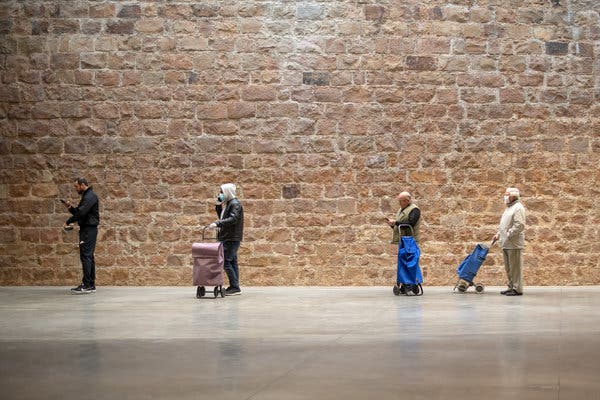
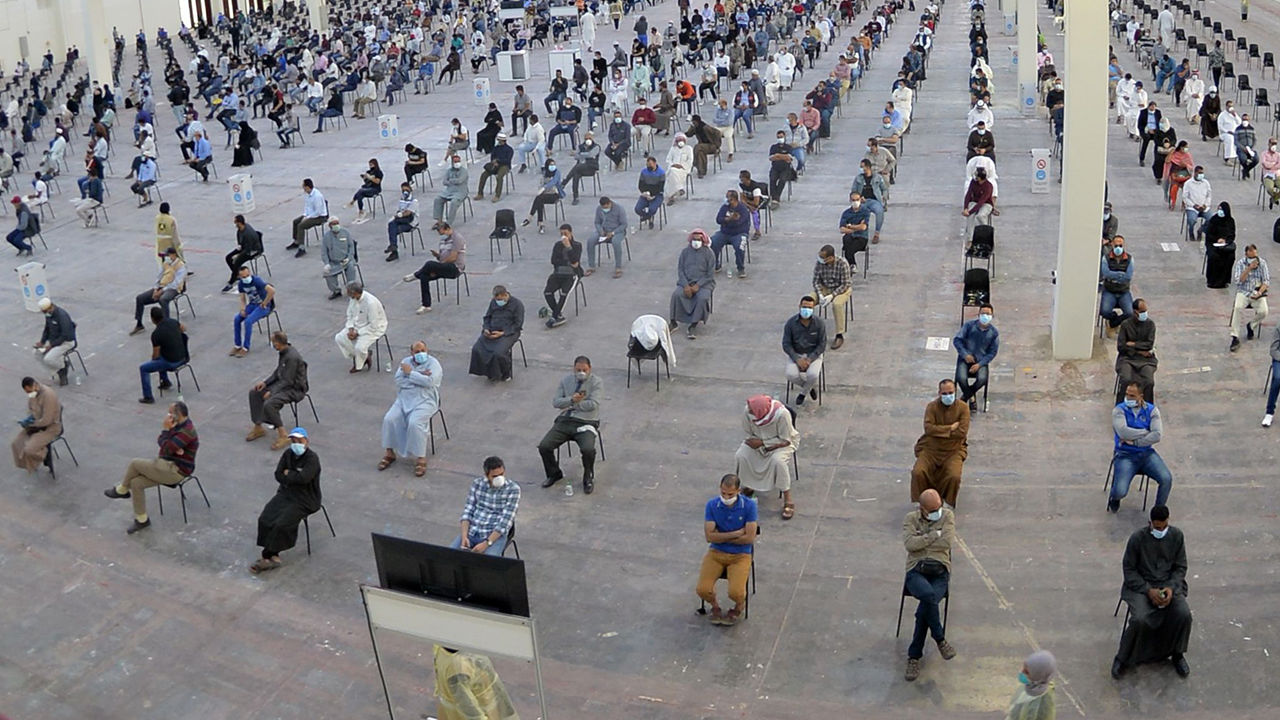
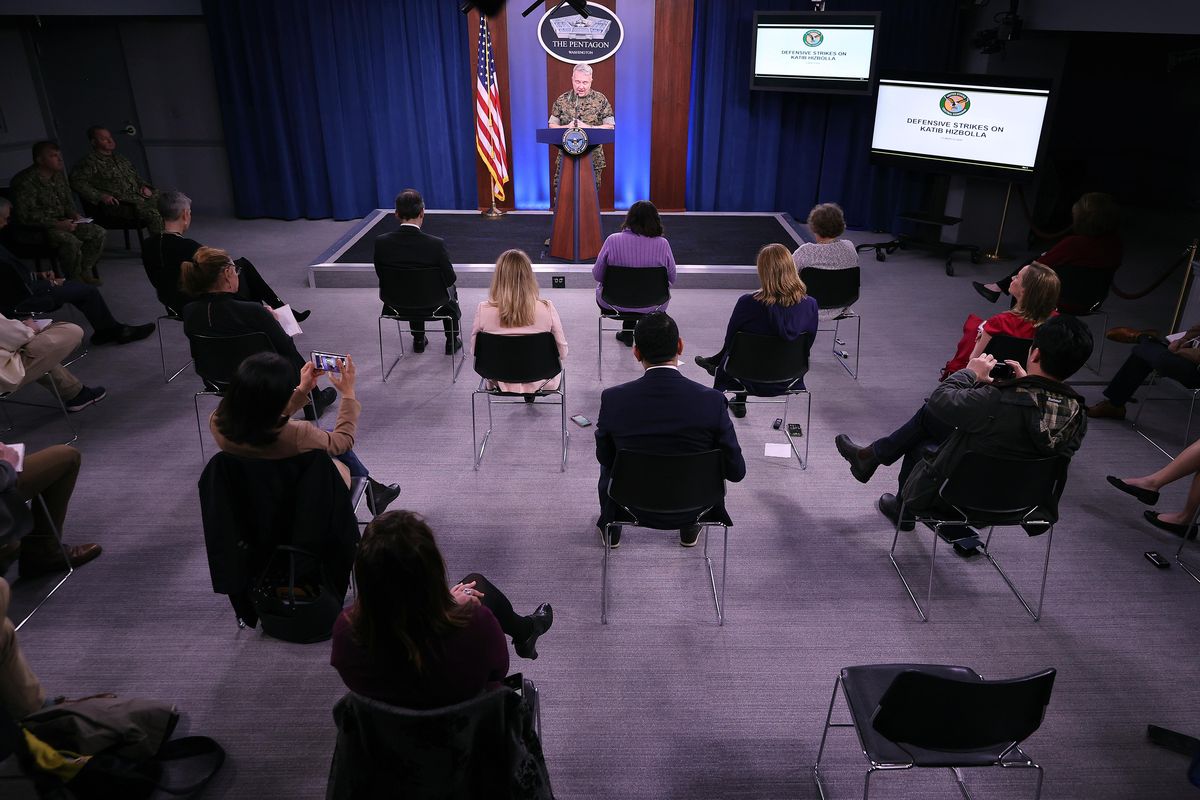

Khmer Times

